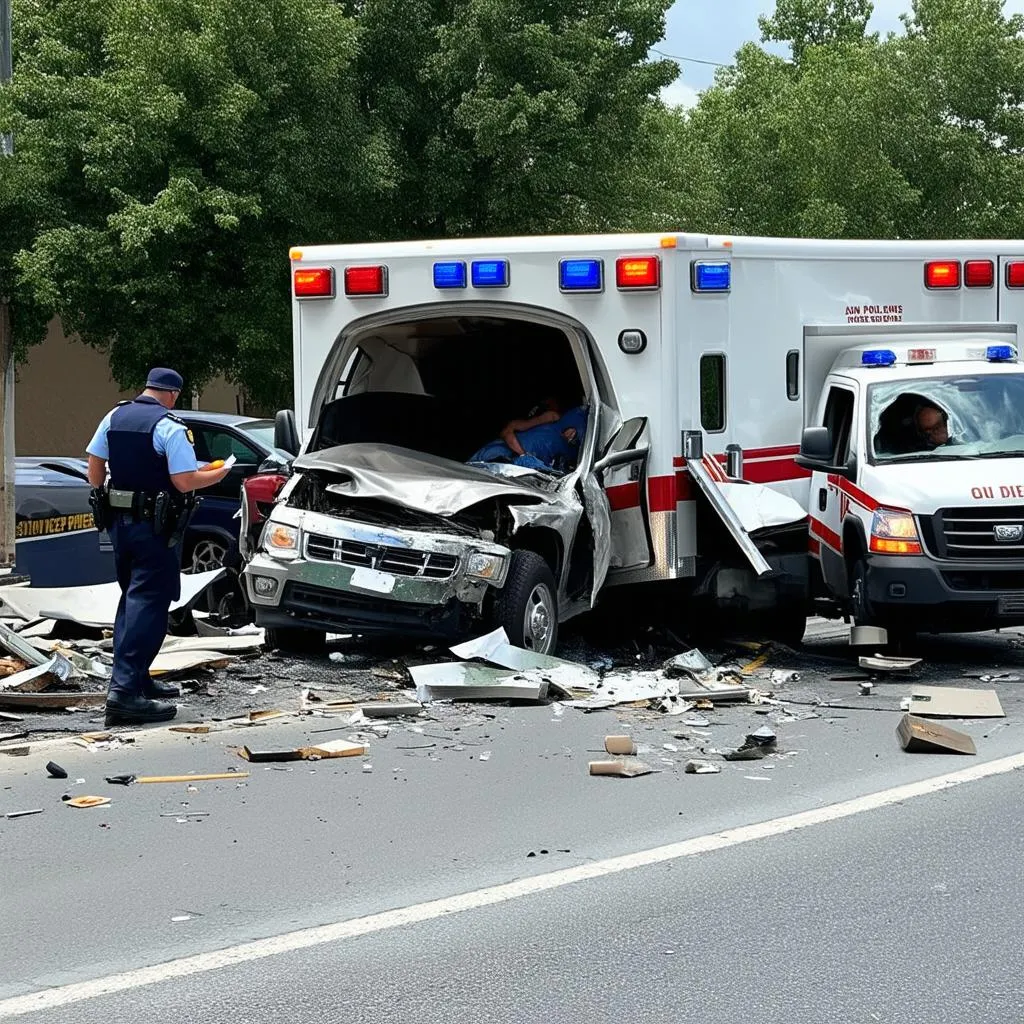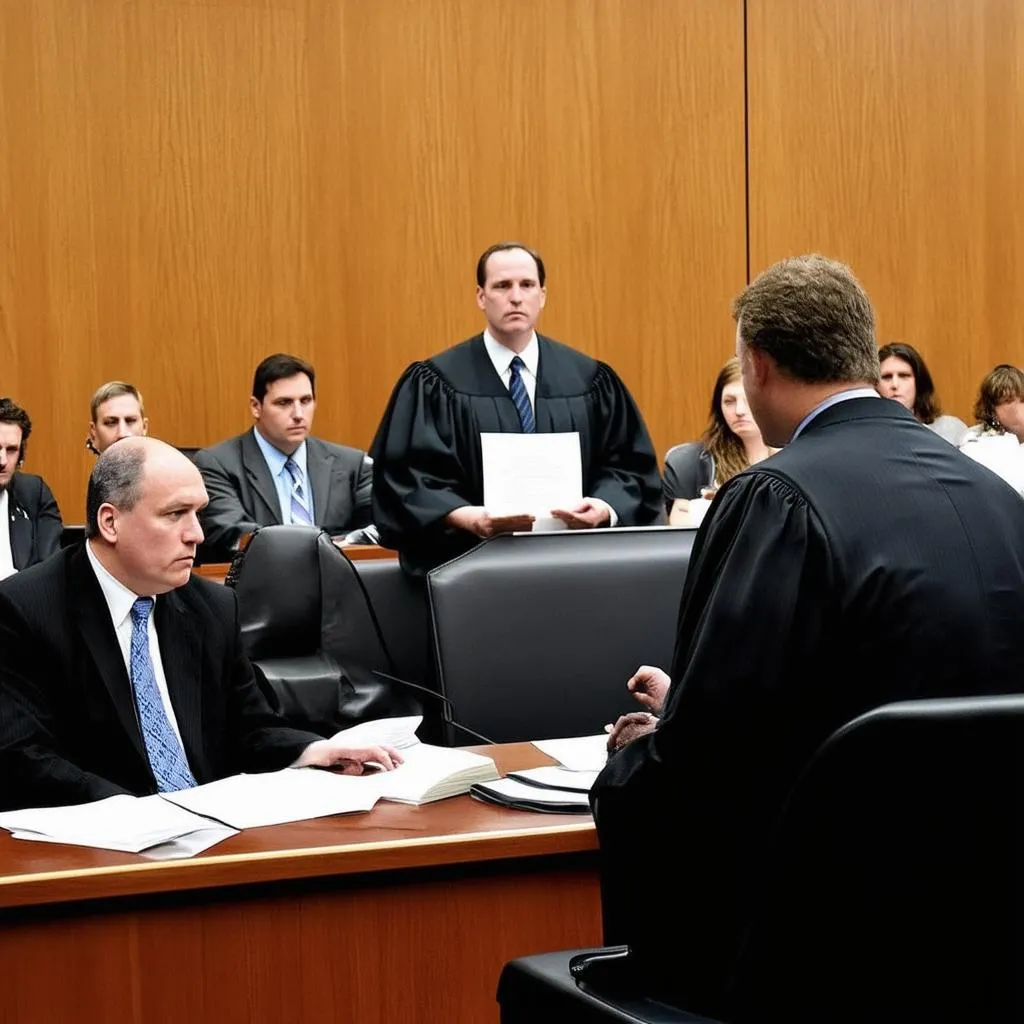Imagine this: you’re driving down a quiet suburban street in Austin, Texas, when suddenly, a speeding BMW runs a red light. The screeching of tires pierces the air, metal collides with metal, and your world is turned upside down. Accidents like this, unfortunately, are a reality, and often, the aftermath involves navigating the complex world of car accident lawsuits.
Whether you’re a seasoned driver or new to the road, understanding the basics of car accident lawsuits can be incredibly valuable. Let’s dive in.
What Does a Car Accident Lawsuit Entail?
A car accident lawsuit is a legal process where one party involved in an accident seeks compensation for damages caused by another party’s negligence or wrongdoing. This can include:
Understanding Fault and Negligence
At the heart of most car accident lawsuits is the concept of “negligence.”
-
Negligence essentially means that someone breached their duty of care, leading to the accident. For example, a driver texting while driving, thus causing a rear-end collision, has acted negligently.
-
Proving fault is crucial in these cases. Evidence like police reports, witness testimonies, photos and videos of the accident scene, and even data retrieved from your car’s event data recorder (EDR) can be crucial.
Types of Damages in Car Accident Lawsuits
The compensation sought in car accident lawsuits, often referred to as “damages,” can encompass a range of losses:
- Medical Expenses: This includes costs for hospital stays, surgeries, rehabilitation, ongoing treatments, and future medical care related to the accident.
- Property Damage: If your vehicle was damaged or totaled, you could seek compensation for repairs or the vehicle’s fair market value.
- Lost Wages: If your injuries prevent you from working, you can seek compensation for lost income, both past and future.
- Pain and Suffering: This less tangible category compensates for the physical pain, emotional distress, and diminished quality of life resulting from the accident.
Common Questions About Car Accident Lawsuits:
- “Do I need an attorney for a car accident lawsuit?” While not always mandatory, having an experienced attorney is highly recommended. They can navigate the legal complexities, negotiate with insurance companies, and protect your best interests.
- “How long do I have to file a lawsuit after a car accident?” Each state has a statute of limitations for filing car accident lawsuits, which can vary from 1 to 6 years. It’s essential to consult with an attorney promptly to understand the deadlines in your state.
- “What if the other driver doesn’t have insurance?” Uninsured or underinsured motorist coverage on your insurance policy can help protect you in such cases.
 Car Accident Evidence
Car Accident Evidence
When Technical Details Matter: How Car Data Can Impact Your Case
Remember the EDR mentioned earlier? These “black boxes” in modern vehicles record data in the seconds before, during, and after a collision. This information, such as vehicle speed, braking force, and airbag deployment, can be vital in proving negligence.
For instance, say a driver claims they were braking before an intersection collision in Miami, Florida. However, EDR data reveals they never applied the brakes. This discrepancy could significantly strengthen your case.
 Car Accident Courtroom
Car Accident Courtroom
Seeking Expert Guidance
Navigating the complexities of a car accident lawsuit can be daunting. If you’ve been involved in an accident, remember:
- Gather as much evidence as possible at the scene.
- Seek medical attention promptly, even for seemingly minor injuries.
- Consult with an experienced car accident attorney to understand your rights and options.
Remember, you don’t have to go through this alone. Need help with your car’s diagnostics after an accident? Our team at DiagXCar is here to assist. Contact us on Whatsapp at +84767531508 for expert support.
Beyond the Lawsuit: Your Road to Recovery
While securing rightful compensation is crucial, your well-being is paramount. Focus on your physical and emotional recovery, and remember that resources and support are available to help you through this challenging time.
Looking for more information on car safety and technology? Check out these articles:
- Is Using an Autel Scanner for ADAS Calibration Legally Defensible?
- Autel MaxiSys MS906 Mileage Reset Utube
We encourage you to share your experiences, questions, and insights in the comments below. Let’s continue this important conversation.


